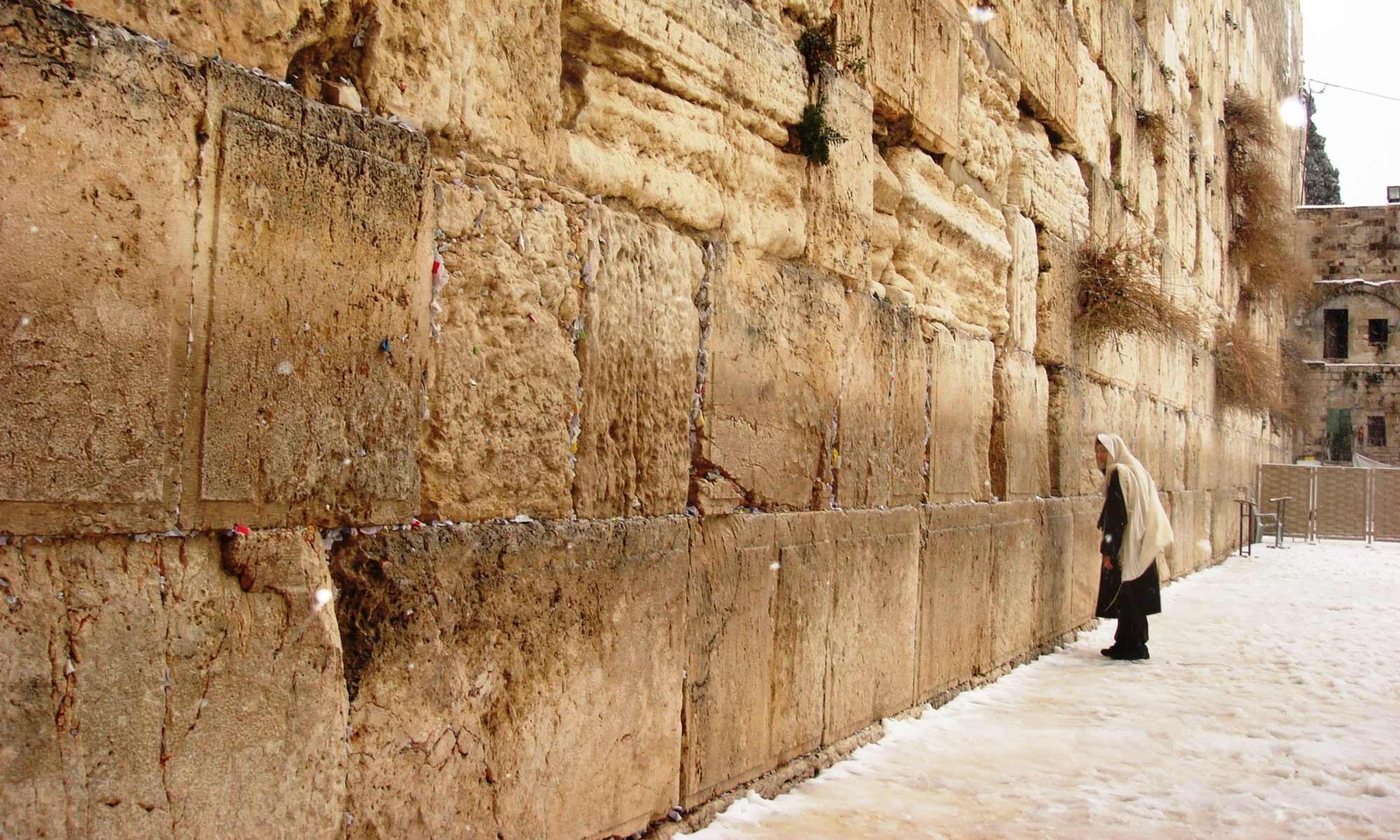The Oral Law –Talmud & Mishna
The Oral Law is a legal commentary on the Torah, explaining how its commandments are to be carried out. Common sense suggests that some sort of oral tradition was always needed to accompany the Written Law, because the Torah alone, even with its 613 commandments, is an insufficient guide to Jewish life. For example, the fourth of the Ten Commandments, ordains, “Remember the Sabbath day to make it holy” (Exodus 20:8). From the Sabbath’s inclusion in the Ten Commandments, it is clear that the Torah regards it as an important holiday. Yet when one looks for the specific biblical laws regulating how to observe the day, one finds only injunctions against lighting a fire, going away from one’s dwelling, cutting down a tree, plowing and harvesting. Would merely refraining from these few activities fulfill the biblical command to make the Sabbath holy? Indeed, the Sabbath rituals that are most commonly associated with holiness-lighting of candles, reciting the kiddush, and the reading of the weekly Torah portion are found not in the Torah, but in the Oral Law.
Read More main Article:
http://www.jewishvirtuallibrary.org/jsource/Judaism/talmud_&_mishna.html
Read more:
http://www.chabad.org/library/article_cdo/aid/812102/jewish/What-is-the-Oral-Torah.htm
Related articles About the Tora& oral Tora
http://www.chabad.org/library/article_cdo/aid/145402/jewish/The-Torah.htm
